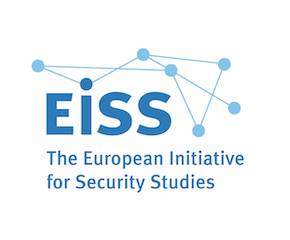Speakers
Description
Throughout the Macron presidency, the French government persistently used the ‘European sovereignty’ discourse to advocate for a ‘Europe of defence’. ‘Strategic autonomy’ is a core component of this broader discourse and refers to the EU’s capacity to provide for its own security needs. For the purposes of this article, we define ‘strategic autonomy’ as a point where the integration of core state powers in defence policy is advanced enough that EU member states can jointly conduct large scale military operations. This paper argues that the French government became a proponent of ‘European sovereignty’ not because of a genuine desire for strategic autonomy but because of defence industrial policy objectives. After he became president, Emmanuel Macron sought to create a continent wide protected defence market where non-EU companies are excluded to the benefit of France’s own defence industry. The ‘European sovereignty’ discourse was used to rationalize defence industrial protectionism and government intervention to favor EU-based producers, amongst which the largest are French defence firms. On the flip side, the French government’s interest in institutionalized cooperation with EU partners is far more limited than the ubiquity of the ‘European sovereignty’ discourse may suggest. In fact, the French government continues to avoid binding commitments at the EU level and seeks to preserve its ability to act unilaterally when it comes to operational -as opposed to industrial- aspects of defence policy. We use process tracing methodology in order to examine the formulation of French defence policy discourse and preferences in the 2017-2022 time period. Our argument on defence industrial interests is systematically tested against a competing explanation, namely that the French government pursues a long term plan to achieve European strategic autonomy. We make an extensive use of primary sources including official documents, speeches and more than 20 interviews with policymakers.
| What discipline or branch of humanities or social sciences do you identify yourself with? | Political science/EU studies |
|---|---|
| If you are submitting an Open Panel proposal, have you included all four abstracts in attachment? | No, I am submitting a Closed Panel abstract |
| Are you a PhD student or early-career researcher? | Yes |

